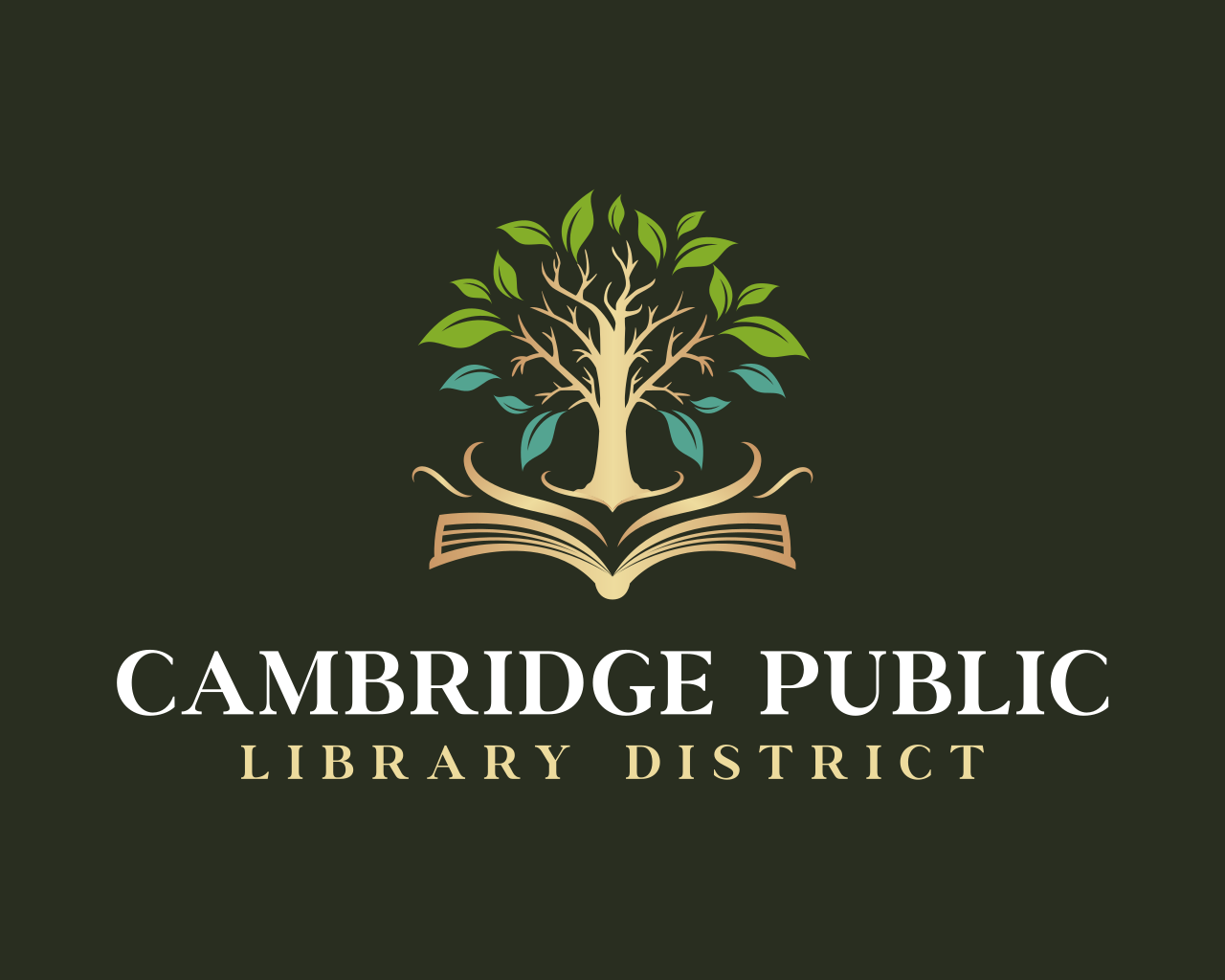Security Surveillance Policy
Cambridge Public Library District Security Surveillance Policy
Video Surveillance Policy
The Cambridge Public Library District (CPLD) uses video to monitor and record activity on its premises to discourage and document illegal activity and violations of Library Policy. The use of video surveillance is intended to enhance patron and staff safety and protect property. This policy outlines the location of cameras, the monitoring and review of live and recorded activity, and the Library’s responsibility to maintain and protect patron privacy and confidentiality.
Public Notice & Camera Location
Signs indicating the use of video surveillance are posted at the Library entrance. Cameras are positioned to monitor public areas of the Library such as service areas, entrances, parking areas, and areas prone to theft, vandalism, or other activities that may violate Library policy or criminal law. Cameras will not be installed in areas where members of the public and staff have a reasonable expectation of privacy, such as restrooms.
Viewing of Live Surveillance & Video Recordings
Live feeds of select Library common areas will be viewable to library staff. Video data is recorded and stored digitally for up to 30 days. Recorded data is considered confidential and secure. Personnel authorized by the Library Director may review recordings to: assure proper functioning of equipment, identify perpetrators of criminal activity or violators of Library Policy, monitor afterhours activity, or assist law enforcement in emergency situations (e.g., lost or missing person searches).
Use/Disclosure of Video Recordings
The Library Director will review all requests received by the Library to release recordings or images obtained by means of CCTV surveillance in conjunction with the provisions of the Freedom of Information Act, 5 ILCS 140(1) and other applicable local, state, and federal laws. Guidelines for public disclosure of video imagery shall follow the procedures established by the Director in accordance with the Library Records Confidentiality Act. Video records may be used to identify the person or persons responsible for Library policy violations, criminal activity, or actions considered disruptive to normal library operations. Confidentiality and privacy issues prohibit the general public from viewing security camera footage that contains personally identifying information about library users. If the Library receives a request from the general public to inspect any security camera footage, they will be advised to contact law enforcement.
Video records may be used to assist law enforcement agencies in accordance with applicable state and federal laws upon receipt of a subpoena or court order or in accordance with the law. The requirement of a subpoena may, however, be waived by the Director when appropriate.
Insurance
Recordings or images captured by video surveillance may be shared with Library insurance representatives when relevant to an insurance claim investigation.
Retention
Recordings shall be kept for no more than 30 days, with the exception of appropriate still shots or selected portions of the recorded data relating to specific incidents. Any retained footage will be stored in a secure location.
Unauthorized Access and/or Disclosure
A breach of this policy may result in disciplinary action up to and including dismissal. Any library employee who becomes aware of any unauthorized disclosure of a video recording and/or a potential privacy breach has a responsibility to immediately inform the Director.
This policy shall not impose any responsibility on the Library, its Board of Trustees or its employees to protect against or prevent personal injury or loss of property.
Approved by the Library Board of Trustees
Date: 09/10/2025
